
Recommendation
Writing a response to a Request for Proposal (RFP) may seem just like any other writing project, unless you know how technical and demanding the process can be. Successful proposals require a deliberate focused effort, especially when winning or losing a bid can mean corporate success or financial doom. David G. Pugh and Terry R. Bacon do a solid job of presenting the challenges and processes involved in drafting winning proposals. They explain what happens before and after a proposal is submitted and even provide excerpts from winning proposals, timetables, review questions and team task assignments. The material is so solid that you’ll wish for more war stories, but that omission does not detract from this valuable book. You’ll find it highly useful for people and teams who want to write proposals that bring home the Bacon (and Pugh).
Summary
About the Authors
David G. Pugh and Terry R. Bacon are co-authors of Winning Behavior and The Behavior Advantage, and co-founders of Lore International Institute, an executive and professional development firm. Pugh also wrote Proposing to Win. Bacon is the author of Selling to Major Accounts, Adaptive Coaching, Leadership Through Influence, High Impact Facilitation and other books on leadership and interpersonal skills.








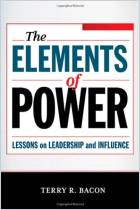
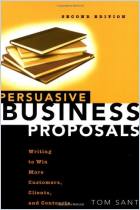
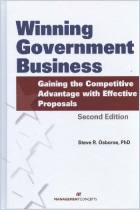
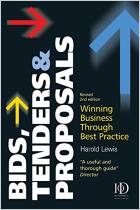
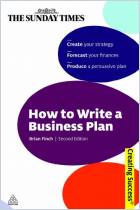
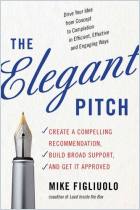
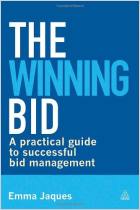





Comment on this summary or Start Discussion